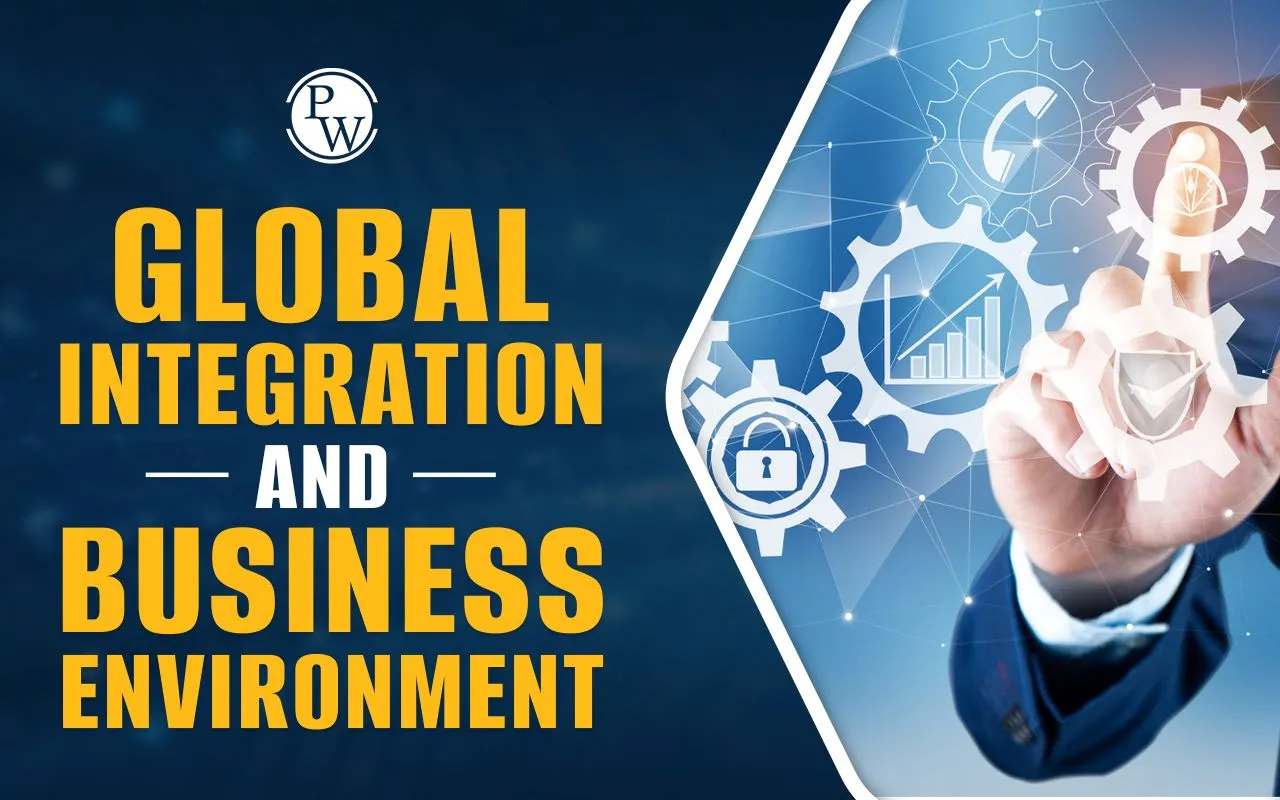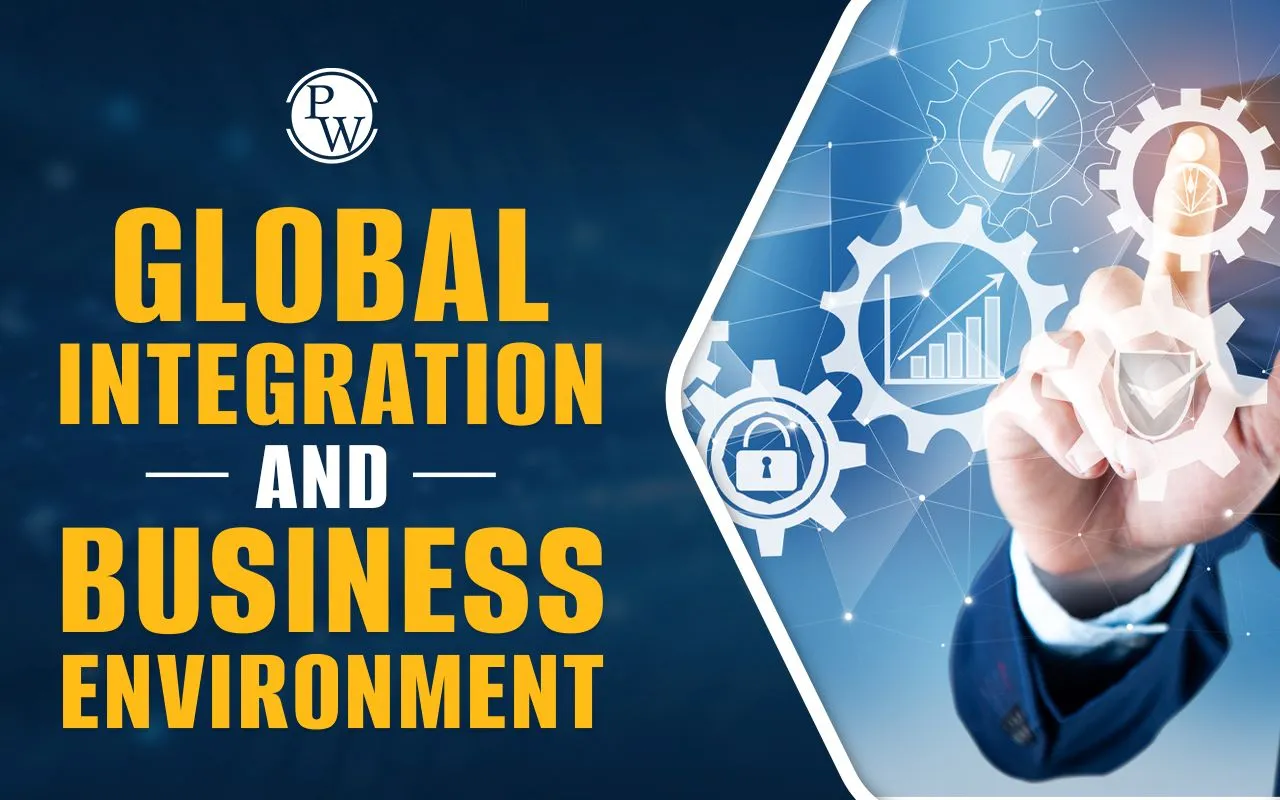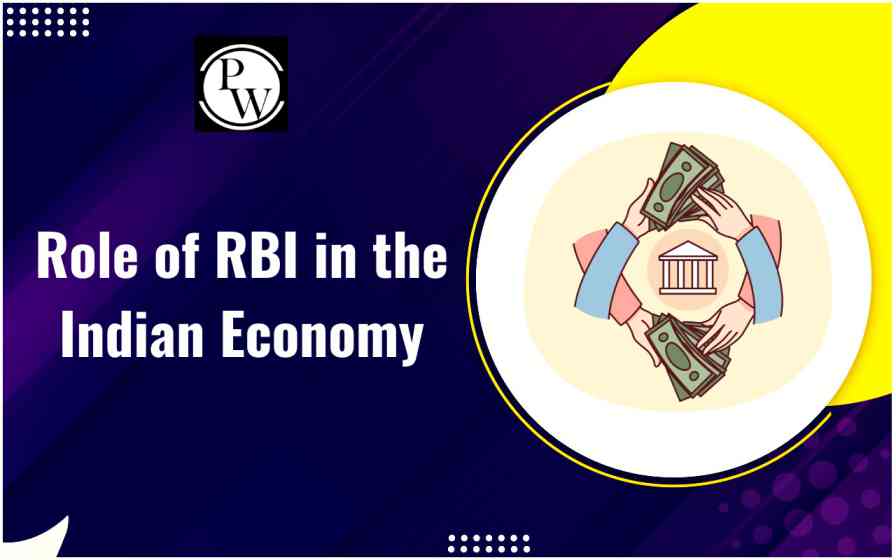

Global Integration and Business Environment: In the interconnected world, Global Integration and Business Environment have become key aspects influencing the economic and corporate landscape. Companies are no longer confined to their home countries; instead, they expand across borders to leverage new markets, resources, and technologies. The dynamic nature of globalization and evolving business conditions shape the way organizations function, compete, and grow. Understanding Global Integration and Business Environment is essential for businesses to thrive in an increasingly competitive global marketplace.
What is Global Integration?
Global Integration refers to the process by which businesses, economies, and cultures become interconnected on a worldwide scale. It involves the flow of goods, services, information, technology, and human resources across national boundaries. Companies engage in global integration to enhance efficiency, reduce costs, and tap into new customer bases. Several factors drive this integration, including advancements in technology, international trade agreements, and economic liberalization.
Benefits of Global Integration
- Market Expansion: Businesses can access a wider customer base, increasing sales and profitability.
- Cost Efficiency: Companies can take advantage of lower production costs, affordable labor, and economies of scale.
- Innovation and Technology Transfer: Exposure to global markets fosters innovation and enhances technological capabilities.
- Diversification: Companies reduce risks by diversifying markets and operations across multiple regions.
- Competitive Advantage: Access to global resources enables businesses to gain a competitive edge over local competitors.
Understanding the Business Environment
The Business Environment encompasses external and internal factors that impact business operations. These include economic conditions, political stability, legal frameworks, social trends, and technological advancements. A well-structured Global Integration and Business Environment strategy helps companies navigate challenges and seize opportunities in the international market.
Components of the Business Environment
Economic Environment: Factors such as inflation, exchange rates, economic growth, and trade policies significantly influence business decisions.
Political and Legal Environment: Government regulations, taxation policies, trade laws, and geopolitical stability shape the business landscape.
Technological Environment: Digital transformation, automation, and artificial intelligence drive business innovation and efficiency.
Socio-Cultural Environment: Consumer behavior, cultural differences, and demographic trends impact marketing strategies and product development.
Environmental and Ethical Factors: Sustainability, corporate social responsibility, and environmental regulations affect long-term business sustainability.
The Role of Global Integration in Business Expansion
Global Integration and Business Environment work hand in hand to create new growth avenues for organizations. Businesses that embrace global integration can achieve expansion through various strategies, such as:
Exporting: Selling products and services to international markets.
Foreign Direct Investment (FDI): Establishing operations or acquiring businesses in other countries.
Strategic Alliances and Joint Ventures: Partnering with local firms to gain market insights and reduce risks.
Franchising and Licensing: Allowing foreign entities to operate under an established brand name.
By effectively managing the Global Integration and Business Environment, companies can enhance profitability, improve operational efficiency, and build long-term sustainability in foreign markets.
Challenges of Global Integration and Business Environment
While the advantages of Global Integration and Business Environment are substantial, businesses also face significant challenges, such as:
Regulatory Compliance: Different countries have varying legal and regulatory requirements that businesses must adhere to.
Cultural Barriers: Differences in language, traditions, and consumer preferences require businesses to adapt their marketing and operational strategies.
Currency Fluctuations: Exchange rate volatility can impact profitability and pricing strategies.
Supply Chain Disruptions: Global dependencies can lead to supply chain vulnerabilities, as seen during the COVID-19 pandemic.
Political and Economic Instability: Trade restrictions, sanctions, and economic downturns can affect business continuity.
Future Trends in Global Integration and Business Environment
The Global Integration and Business Environment continue to evolve with emerging trends shaping the future of international trade and commerce. Some key trends include:
Digital Transformation: Businesses increasingly rely on e-commerce, cloud computing, and data analytics to streamline operations and enhance customer experiences.
Sustainable Business Practices: Environmental concerns drive the adoption of green technologies and ethical business models.
Regional Trade Agreements: The rise of free trade agreements facilitates smoother trade relations and market access.
Rise of Emerging Markets: Developing economies present new opportunities for business expansion and investment.
Artificial Intelligence and Automation: AI-driven technologies are transforming business processes and decision-making.
Global Integration and Business Environment play a crucial role in shaping modern business strategies. As businesses continue to expand beyond national boundaries, understanding the complexities of global integration and the evolving business landscape is essential. While there are challenges, businesses that adapt to changing market dynamics and leverage international opportunities can achieve sustained growth and success. By staying informed about emerging trends and implementing innovative strategies, organizations can navigate the global business environment effectively and remain competitive in the ever-evolving marketplace.
Join PW Commerce Online Course and unlock your potential with quality education and dedicated learning support.
Global Integration and Business Environment FAQ
What is the significance of Global Integration in business?
How does the Business Environment impact global companies?
What are the main challenges of Global Integration?













